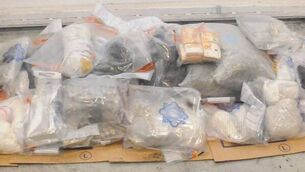Catherine Conlon: We are choosing business over nature every single time
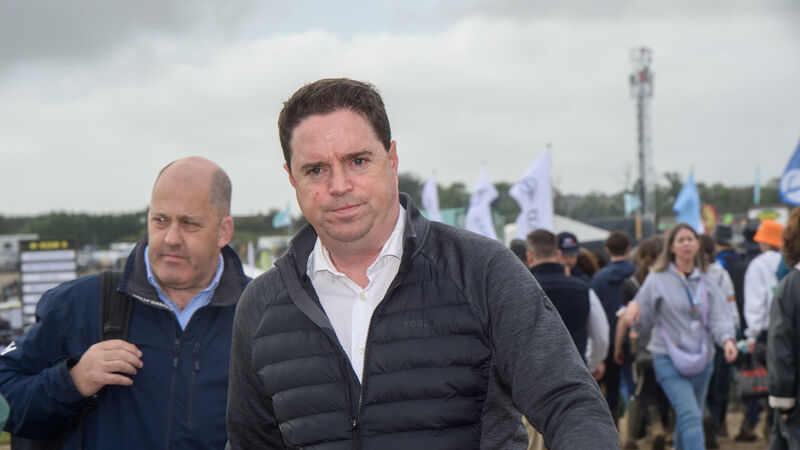
Agriculture minister Martin Heydon at the National Ploughing Championships last month: He said the nitrates derogation was a top priority for Ireland. Picture Dan Linehan
The State of Europe’s Environment report compiled every five years by the European Environment Agency (EEA) confirms what we already know — Nature in Ireland is in a “very poor” state, with the country’s economic growth achieved at the expense of the environment.
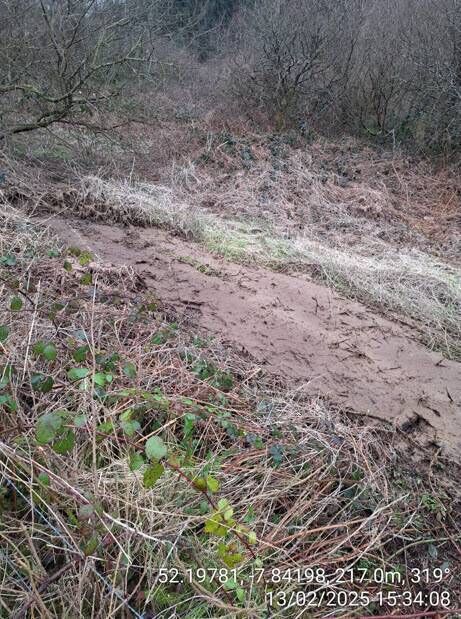
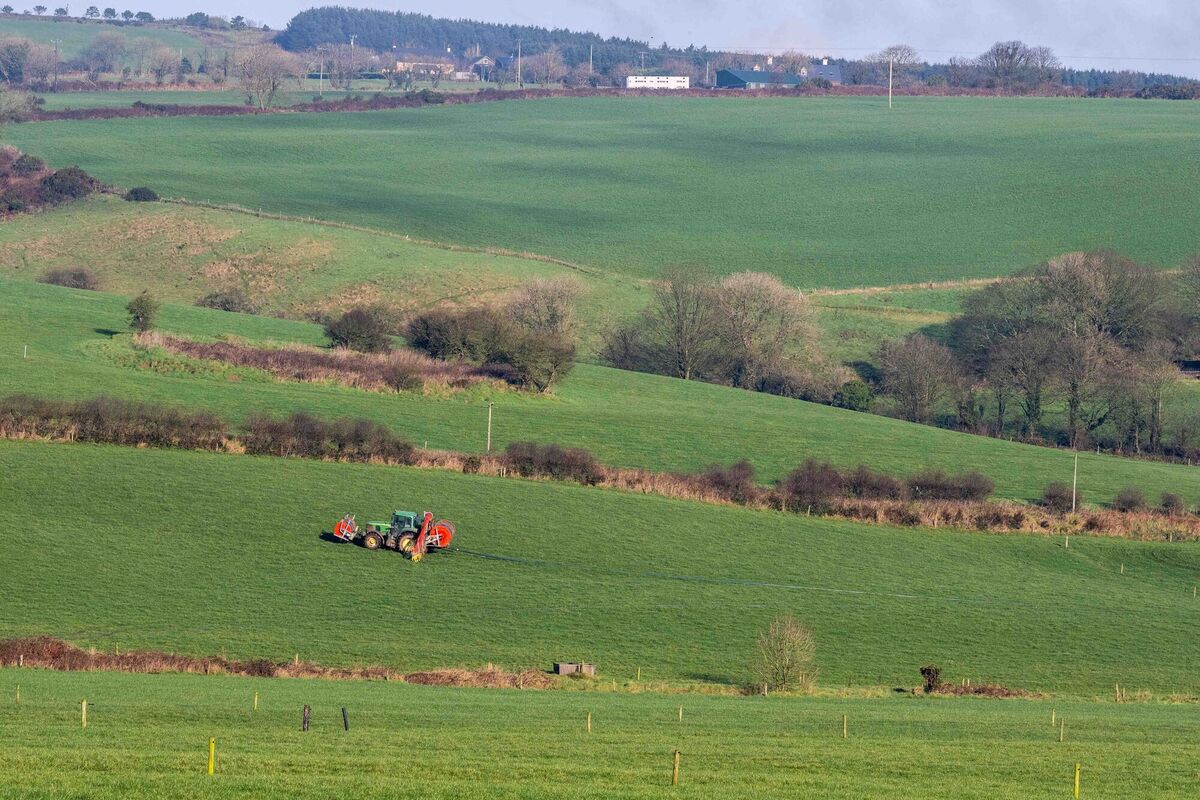
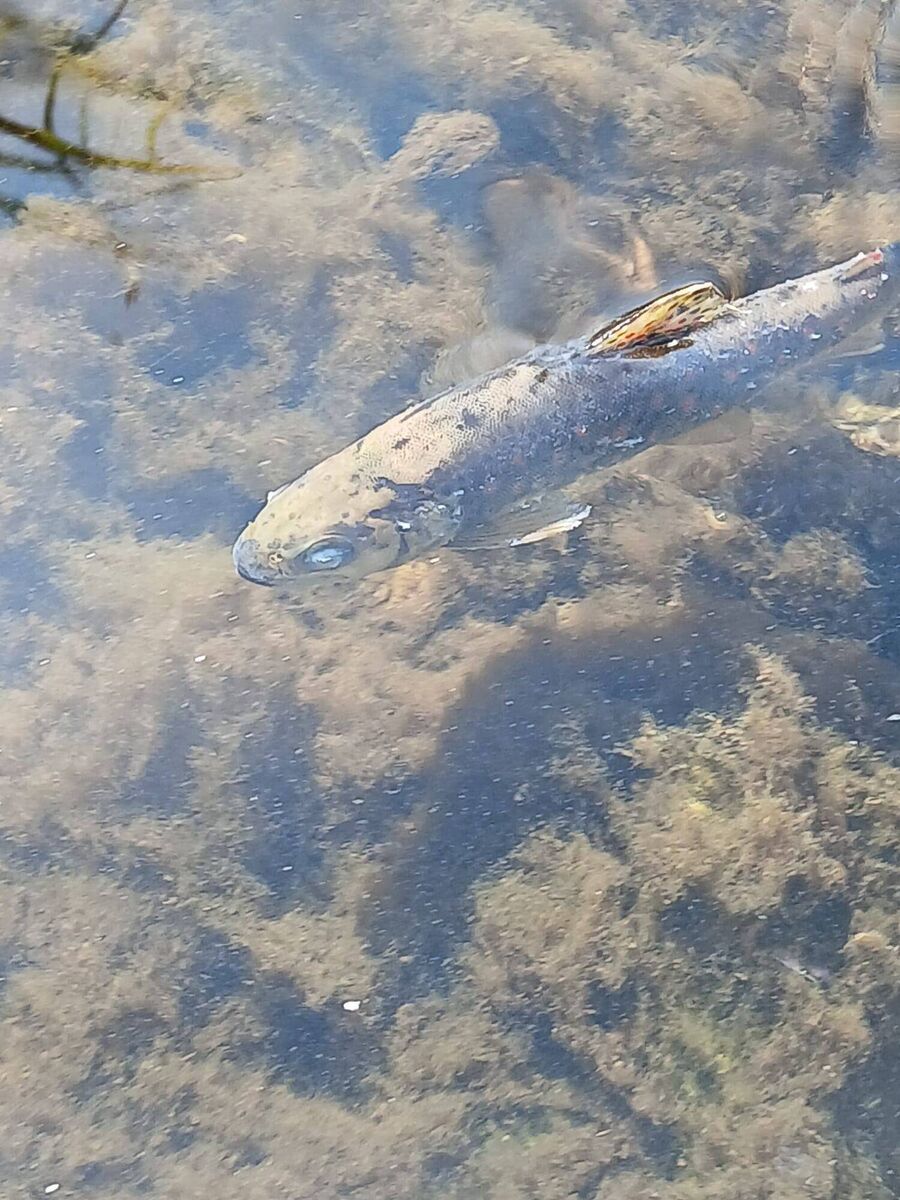
- Catherine Conlon is a public health doctor in Cork
CLIMATE & SUSTAINABILITY HUB








